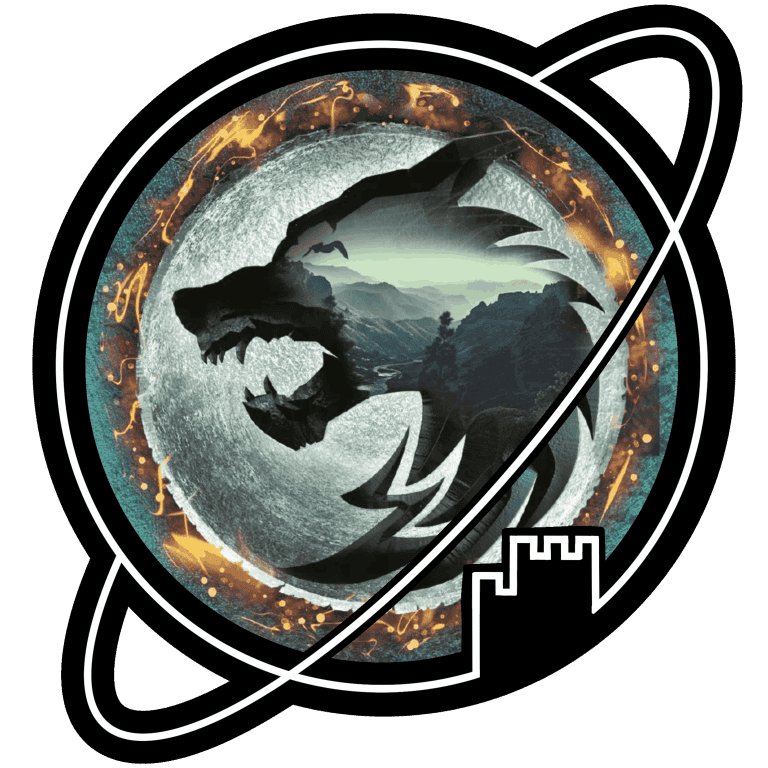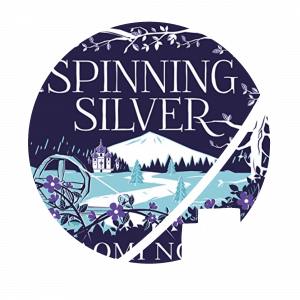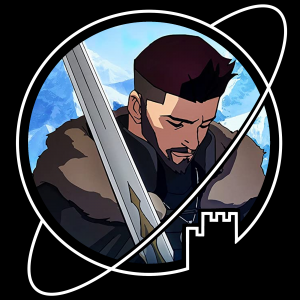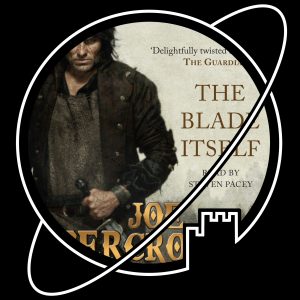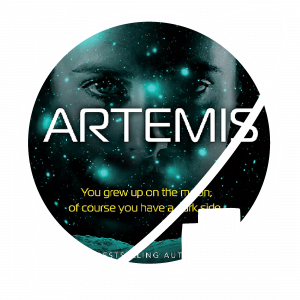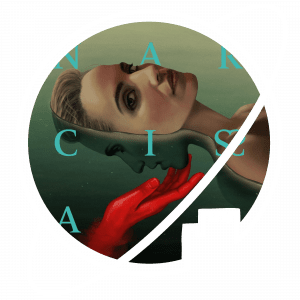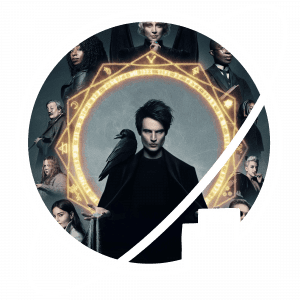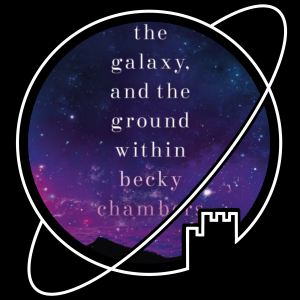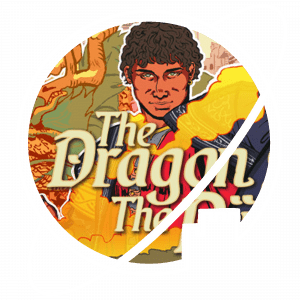Welcome to the Escape Velocity Collection!
We are an opinionated group of friends reviewing all sorts of fantasy and science fiction media. Don’t forget to get to know the curators and visit our curated Collection, where we discuss the stories that never cease to transport us to another world.
Will you escape with us?
LATEST POSTS:
- Book written by Andrzej Sapkowski
- Translated by Danusia Stok
- Published in 1993 in Polish, in 2007 in English
- Stand-alone short story collection in The Witcher universe
Geralt of Rivia is a Witcher, trained to fight monsters of all shapes and sizes.
As Geralt travels the continent in search of bounties to earn his coin with, he is confronted with a difficult truth: some monsters are fairer than others, and some monsters are not even monsters at all.
 Read the translation by Danusia Stok, who might have to learn a couple of English technical terms for describing of armour (such as “greaves” or “fluting”), but did a great job otherwise!
Read the translation by Danusia Stok, who might have to learn a couple of English technical terms for describing of armour (such as “greaves” or “fluting”), but did a great job otherwise!
I try to maintain a ‘read the book first’-policy. For The Witcher, I thought I was keeping to my policy, because I thought I had read The Last Wish. It turns out I might have read the first couple of stories, but I definitely did not read them all. As a result, I can only conclude that I already broke the rule way back when the first video game was released, and I’ve continued to break it with the other games and even a couple of episodes of the TV-series.
Still, it was really good going back to the source material again to see what the original looked like.
The Last Wish is a short story collection with a frame narrative, which scores it a lot of points before we even consider the stories themselves: I love that kind of story structure.
The setting of The Last Wish sits in an interesting intersection: Sapkowski’s world is a high fantasy world, but it conforms more to fairy tale and folklore logic than it does to the modern expectations of the genre. It is far from rainbows and unicorns, though, because Sapkowski clearly draws from the grim original versions of fairy tales before they got Disney-fied.
The Last Wish is very traditional in other ways, however. Geralt is a rather stereotypical stoic alpha male who tries to save everyone through limitless violence and is misunderstood and maligned because he is different.
The stories are rather male gaze-ey – the book opens with a sex scene an Geralt is sure to get some in most of the tales. It was written over thirty years ago, however, so I guess the genre (and the expected audience) were just different back then.
Underneath that layer, however, The Last Wish is a nicely light, high paced introduction to the world of The Witcher, with tightly written prose that leaves the stoic main character always just a little mysterious. The individual tales might not have the emotional impact or depth of plot of a full-length novel, but for this short story collection, I really don’t mind.
The Last Wish has scratched an itch, and I am really looking forward to continuing the series. Since Lotte already scored Blood of Elves at goodwill and dumped it on my shelf of shame some time ago, I am set to continue Geralt’s adventures in the near future!

After enjoying almost every other piece of media in The Witcher universe, fate finally enabled me to check out the source material, a collection of short stories about Geralt of Rivia and his adventures as a witcher.
To directly cut to the chase, I thought Sapkowski’s prose was pleasant to read. With a lot of “show” and little “tell” and altogether short scenes, it’s easy to race through the different stories in this collection. The episodic format perfectly suits the setting, which is primarily defined by grim representation of well-known fairy tales and Polish folklore, grey moralities and dry humour. The way Sapkowski builds his narrative is something I haven’t encountered earlier, simple but effective, with multiple occasions in which the reader is invited to fill up the blanks themselves. It is a storytelling technique I’d like to try myself one time.
I enjoyed The Last Wish, but I can’t help but wonder if it still holds up if you’re not already taken in by the universe and its characters. Though the stories occasionally offer some good food for thought with their themes, there is little else. There are some elements of mystery, but the other building blocks of the stories can often be reduced to violence and an ambiguous role for the female characters, who might often come across as strong, but are certainly also catered to the male gaze. In that regard, some might see The Last Wish as just another sword and sorcery fantasy novel.
Tagged:
See also:
- Book written by Natalie Haynes
- Published in 2022
Medusa, a mortal girl, is brought up by her two immortal sisters. They live a quiet life removed from others, until Medusa catches the eye of Poseidon. Powerless to stop the events that this sets in motion, the consequences for Medusa will be terrible.
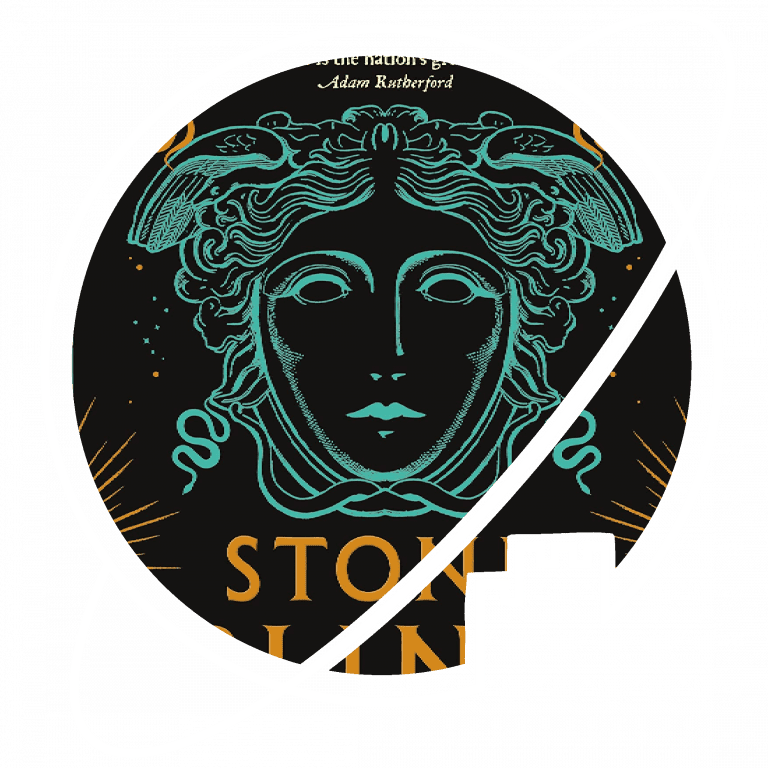

As preparation for a recent trip to Athens, I decided to brush up on Greek mythology by reading some modern adaptations of the ancient classics. So many books in this genre have been released over the past couple of years, and I have really enjoyed reading these familiar stories through modern and (often) feminist lenses. The story of Medusa seemed overdue for such a retelling and I think Natalie Haynes did a great job in redeeming Medusa’s character. Here, we do not get an evil monster who deserves nothing better than to get her head chopped off by Perseus. Instead, we get a kind girl beloved by her two sisters, who gets caught in the abusive games of gods who are far more powerful than her.
While Medusa’s story is the main thread that binds the story together, many of the most well-known Greek gods make an apearance and a lot of different smaller myths are told in the process. Pretty much all of the gods are portrayed as petty and mean-spirited, which seems true to the way they behave in all of Greek mythology. This is a great book both for readers already familiar with Greek mythology, and for those who are new to it.
Tagged:
See also:
- Movie directed by Ridley Scott
- Starring Matt Damon
- Released September 2015
- Runtime: 141 minutes
NASA Astronaut Mark Watney was only supposed to be on Mars for 31 days. When a Dust storm almost kills him, the rest of the crew leaves – under the impression that their colleague is actually dead. In his logs, Watney keeps track of his days (or “sols” – Mars days) on the Red planet, and his efforts to survive on the supplies and equipment left behind with him. Every so often Mars tries to kill him, but Watney is resourceful and keeps his spirits up with humour.

This movie is lots of fun. I do prefer the book over the film, but only slightly. The biggest difference between the two is that in the book, we experience life on Mars through the logs that Watney records. In the movie, however, we see it through his eyes. Watney is a joker and an optimist, so when you read the book, these are the things that stand out most. However, in the movie we see Watney outside of his recordings, and he is (obviously) not as cool with his situation as he makes it seem in his logs. This makes the movie less lighthearted than the book, but on the whole, it is still quite funny.
What I really enjoy about movies based on books like the Martian, is that they visualise a bunch of things that I read in the book but couldn’t quite picture. There’s significantly less thinking to do when watching this movie, whereas when reading the book I constantly had to readjust my mental image of the Mars rover and the Hab, based on either new information, or information that wasn’t relevant before and I thus forgot to take into account.
The cast of this movie is great. Definitely a good movie to watch if you want to feel Hopeful™ about humanity coming together for a common goal. Something we could all use these days!
In one sentence: The Martian is worth watching, but I feel it loses a lot of what makes the book special.
The book – told almost exclusively through the protagonist Watney’s logs – is relentlessly optimistic, and very detailed on what Watney is doing. The book even brings you the (as I understand it, moderately accurate) minutiae of the chemistry and physics of the problems threatening Watney’s life, and his plans to deal with them.
Regardless of the accuracy of the science, this style of writing gives you insights into the challenges of space missions and the way astronauts need to think. This is a unique approach to a sci-fi novel and it has changed the way I view a genre I have been reading since before I was ten years old.
The movie… is just another Hollywood space movie. It looks good. It gets feelsy. It follows the expected patterns. There is no runtime to go into an appreciable amount of detail on any of the clever solutions Watney comes up with, nor would Hollywood expect their audience to understand or be engaged.
So instead of getting to think along with Watney and his clever solutions as we do in the book, we watch as a smart astronaut solves a number of half-way explained problems, and secures his survival with no more than a few hiccups along the way.
Perhaps partly because I already knew how the story was going to end, I didn’t feel the same tension I did reading the book. And at the same time that the movie presents Watney’s accomplishments as much more of a smooth ride, it also loses some of the upbeat humour of Watney’s logs in the book.
I am very much measuring the movie against the yardstick of the book, and that is probably because aside from its tone and the constraints of a movie runtime, Ridley Scott’s The Martian is actually a very faithful adaptation of the book.
If I could have rated the movie not as an adaptation but as an independent piece of media, without having read the book first, I might have rated it higher for making an honest attempt at showing us a plausible, powerful image of what a Mars-mission in the not too distant future could look like. From that perspective, The Martian actually strays pretty far from the path a Hollywood blockbuster is expected to take.
As a result, I feel that especially for people who have not read the book, The Martian is very much worth watching. It’s just… the book is a lot better!
Time to get to know the Escape Velocity Collection’s curators! How? By asking them the questions that really matter! Let’s see what our curators have to say…
This week’s question is:
What is the coolest bit of wolrdbuilding that you've encountered recently?
I was inspired to ask the curators this question because I was reading She Who Became the Sun by Shelley Parker Chan recently (review coming up somewhere in the near future!), and I was struck by just how much of an impact small bits of worldbuilding can have on how a book feels. I really really liked how in She Who Became the Sun, a book set in an alternate medieval China, the Mandate of Heaven was not just a cultural concept representing the favour of the gods and the right to rule, but a heavenly fire that individuals destined to rule could manifest physically. It is an awesome way to tie history and fantasy together, it made for some scenes that were great to imagine visually, and it even plays an important part in the book’s plot. Worldbuilding at its best!
I believe the coolest bit of worldbuilding I recently encountered was in Netflix’s The Sandman, with the credits probably belonging to Neil Gaiman. I thought that the way in which abstract concepts were personified – such as dreams, death and inspiration – resulted in some extremely cool stories and new ways to interpret our world and the themes we have to deal with daily. What if dreams were something we could literally force to come true? What if Death was locked up? And I’m not even speaking of the stunning visuals!
If I think of the latest pieces of media I consumed, most of them did not stand out because of their worldbuilding, but more because of their storytelling (or they did not stand out at all). There is one exception: The Great Chameleon War, a psychedelic story in a dreamscape of absurd imagery and ancient lizards that dominate the world like giant dinosaurs. This audio drama was (at first) pure discovery of the world, so actually pure worldbuilding.
I would have to say the Broken Earth Trilogy by N. K. Jemisin. A lot of fantasy media has similar worldbuilding, and I don’t think that’s a problem. After all, it can be really nice to step into a world and understand (most of) it immediately. However, this also means that when I encounter a fantasy world that doesn’t feel instantly familiar, it gives me a bit of a thrill. N. K. Jemisin gives us a universe that’s not eurocentric, has (for me at least) original ideas about magic, and left me fully confused as to where I was and what was going on. The beauty of her worldbuilding is that it absolutely makes sense; it just takes you a long time to really find your bearing. Once you do, it’s both indescribable and unforgettable.
That’s it: another soul-searching question answered!
Still curious? Visit each curator’s page to see what they’ve recently been up to!
Check out our reviews of the media discussed in this post here:
Hi all, and welcome to our update for October 2022!
At the end of the month, one of our curators looks back at what they’ve been up to over the past weeks and what we can (hopefully) expect from them in the not-too-distant future.
This month, Jop will reminisce on the past month and everything speculative that it entailed. What was this year’s birthday haul? How many books were read on vacation? And what reviews can soon be expected?
Read on!

Past month
October was a busy month for most of our curators, myself included. Jasmijn and I went on a most welcome vacation, leaving the stormy Dutch skies for the Mediterranean sun to read books at the beach. I took this chance to reread a fantasy classic: The Hobbit by J.R.R Tolkien. My inner optimist had also brought The Lord of the Rings to reread, but instead I started my first book in The Witcher series, The Last Wish, which was waiting at the hotel when we arrived. I’ll soon work on writing the reviews.
October was also the month of my 29th birthday. Of course, this meant a bunch of fantastical birthday gifts, such as several Pathfinder Bestiaries and a pendant to remind myself that “I am Fire, I am Death‘.
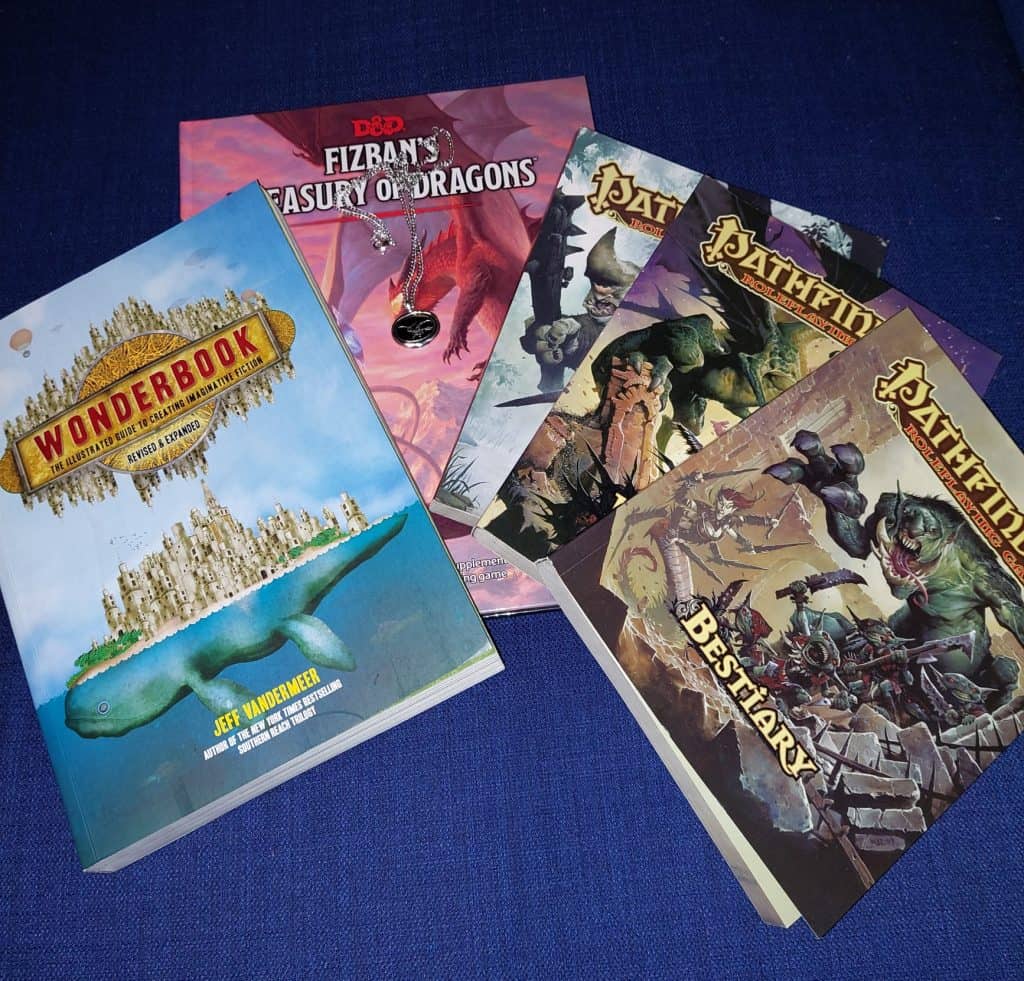
I also got Wonderbook, a extensive guide to writing fantasy and science fiction, with advice from great names like Neil Gaiman and George R.R. Martin. I’m excited to dive into this specialist literature.
But enough about me! My fellow curators offered some worthwhile recommendations, such as Netflix’s The Sandman. Furthermore, Key was either very generous or very lucky to discover two(!) five star audio dramas.
Personally, I’m very intrigued by Lotte’s mixed-positive review of The School for Good and Evil. It sounds as a perfect movie for a lazy evening.
Upcoming
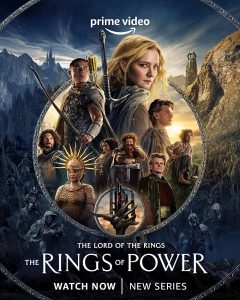
Our curators are close to finishing Amazon’s The Rings of Power, and I’m curious to see if the finale will influence our general impression of this first season. Praise or hate? Future reviews will tell.
Meanwhile, I have some new animated shows to (hopefully) look forwards to. The fourth season of The Dragon Prince, launching in November on Netflix, and Dragon Age: Absolution, coming in December. A lot of dragons in my future, it seems. Just the way I like it!
By the way, I also received my physical copy of The River of Silver: Tales from the Daevabad Trilogy, and I can’t wait to return to this S.A. Chakraborty universe.
- Audio drama written & produced by Justin Hellstrom
- Released in 2020-2021
- Starring Justin Hellstrom, Romina, Emily Phipps, Aryn Rozelle and John Rosser
Welcome to the Nesting Zone, the home of huge and ancient chameleons that have presumably woken up after millennia of sleep. Soldiers and explorers roam this hostile and reality-bending world. Someone who calls himself The Amanuansis records his travels up the slope of Mt. Tahoma and tells the stories of the people he meets.

This audio drama is absolute madness – and I am all aboard with it. A soothing voice of poetic absurdities flows over the conscious layer of your mind, only occasionally touching those parts of your brain that connect to reality. Dolphins and flamingo’s drenched in motor oil stand hypnotised and aflame at a pond of sulphuric acid. Explorers crawl through vines of memories to stand eye-to-eye with albino lizards the size of dinosaurs. And you are thrown in a lake, where a carnivorous astronaut rises from the waves to eat all sanity that is left of you.
The only flaw of this piece of art is that you have to concentrate to make any sense of what is happening. Where I normally listen to audio drama’s while doing all kind of household chores, now I could only do specific things that didn’t need any braincells at all. The second season was easier to follow – you get used to the style and it has a bit more traditional story-structure with more dialogue and character actions.
Warning: listening may induce spontaneous limb regeneration, dreams of ancient reptiles baying at the sun, and the urge to run naked into the desert until you body becomes sand.
Tagged:
See also:
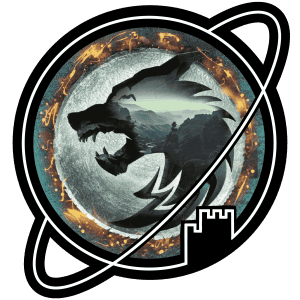
Review: The Last Wish – Andrzej Sapkowski
Geralt of Rivia is a Witcher, trained to fight monsters of all shapes and sizes. As Geralt travels the continent in search of bounties to earn his coin with, he is confronted with a difficult truth: some monsters are fairer than others, and some monsters are not even monsters at all.
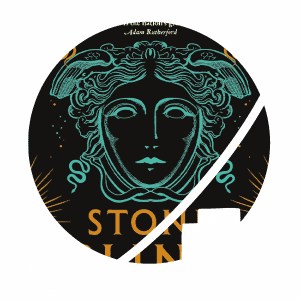
Review: Stone Blind – Natalie Haynes
Medusa, a mortal girl, is brought up by her two immortal sisters. They live a quiet life removed from others, until Medusa catches the eye of Poseidon. Powerless to stop the events that this sets in motion, the consequences for Medusa will be terrible.

Review: The Martian – Ridley Scott
NASA Astronaut Mark Watney was only supposed to be on Mars for 31 days. When a Dust storm almost kills him, the rest of the crew leaves – under the impression that their colleague is actually dead. In his logs, Watney keeps track of his days (or “sols” – Mars days) on the Red planet, and his efforts to survive on the supplies and equipment left behind with him. Every so often Mars tries to kill him, but Watney is resourceful and keeps his spirits up with humour.
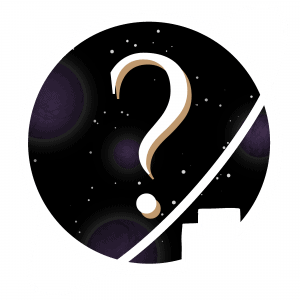
Curator Question: What is the coolest bit of worldbuilding you’ve encountered recently?
Our curators share some awesome tidbits of worldbuilding from their recent ventures in the speculative genre!

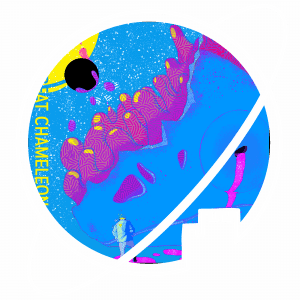
Review: The Great Chameleon War – Justin Hellstrom
Welcome to the Nesting Zone, where someone who calls himself The Amanuansis poetically records his travels through a surreal dreamscape full of huge ancient lizars.









